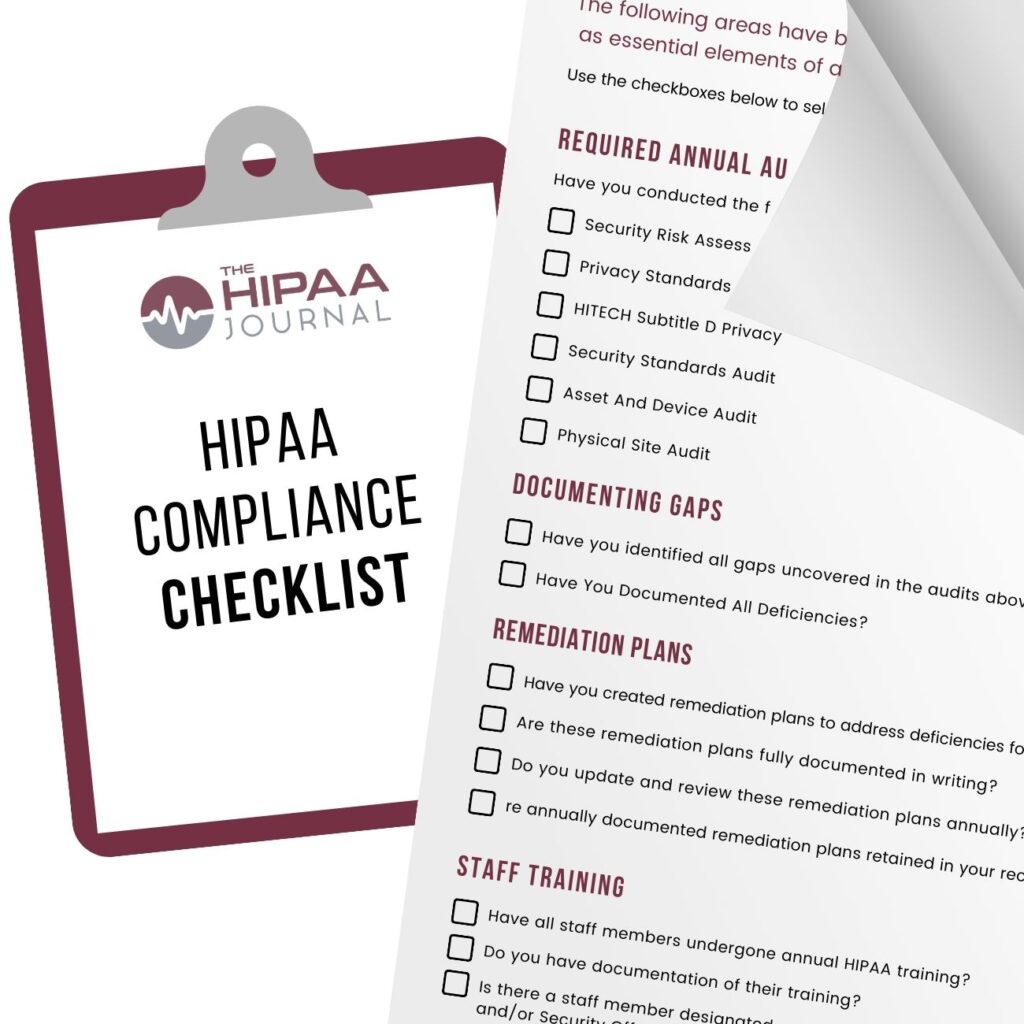Business policies should be interpreted when there is ambiguity or conflicting understanding among stakeholders. Clear interpretation ensures alignment and implementation.
Interpreting business policies is essential for organizations to ensure consistency and compliance within their operations. It helps in avoiding misunderstandings and potential conflicts, leading to smoother business processes. Effective interpretation also enables employees to make informed decisions and act in accordance with the company’s guidelines.
By clarifying the intent and application of policies, businesses can maintain transparency and accountability. We will delve deeper into the importance of interpreting business policies and provide insights on how organizations can effectively navigate this process to achieve their goals.

Credit: www.hipaajournal.com
Importance Of Interpreting Business Policies
Interpreting business policies is vital for decision making. It helps ensuring compliance and consistency throughout the organization. By analyzing policies, managers can make informed decisions. Interpretation plays a key role in implementing company procedures. It guides employees on proper course of action. Consistent interpretation avoids confusion among staff. Compliance with policies is crucial for business success.
When To Interpret Business Policies
Business policies should be interpreted when faced with ambiguous situations. When policies are unclear, it’s necessary to interpret them to ensure proper application. New or evolving circumstances may also require policy interpretation to align with current needs and practices. Additionally, when conflicting policies arise, interpretation is crucial to resolve discrepancies and maintain consistency. Interpretation allows for adaptability and ensures policies remain relevant in dynamic business environments.
Effective Interpretation Strategies
Business policies play a crucial role in guiding organizations and ensuring compliance with legal and regulatory requirements. However, policies can often be vague, leaving room for interpretation. To effectively interpret business policies, companies should adopt certain strategies:
- Consulting legal and compliance teams: Engaging with professionals who possess expertise in law and regulatory standards can help to navigate complexities and ensure accurate interpretation.
- Engaging stakeholders: Involving key stakeholders, such as department heads and employees, can provide valuable insights and perspectives on policy interpretation.
- Analysis of intent and spirit of policies: Rather than focusing solely on the literal interpretation of policies, it is important to analyze the underlying intent and spirit behind them. This approach allows for a more comprehensive understanding.
By employing these strategies, businesses can avoid misinterpretations, conflicts, and potential legal issues. Effective policy interpretation enables organizations to align their actions and decisions with the intended objectives of their policies.
:max_bytes(150000):strip_icc()/FinancialLiteracy_Final_4196456-74c34377122d43748ed63ef46a285116.jpg)
Credit: www.investopedia.com
Challenges Faced In Interpreting Policies
Interpreting business policies can be challenging due to lack of clarity. Policies that are poorly written or unclearly communicated can lead to misunderstandings and confusion among employees. Moreover, interdepartmental variations can further complicate policy interpretation as different departments may adopt different approaches or have varying levels of understanding. This inconsistency hampers the effective implementation of policies and can result in inefficiencies and conflicts within the organization.
External regulatory influences also pose challenges in interpreting business policies. Regulatory bodies frequently update and revise their guidelines, which businesses must adhere to. Staying up-to-date with these changes and ensuring compliance requires constant monitoring and understanding of complex regulatory language.
When business policies lack clarity, interdepartmental variations arise, and external regulatory influences come into play, it becomes crucial for organizations to invest in clear communication and ongoing training to mitigate these challenges and ensure that policies are interpreted accurately and consistently across the board.
Benefits Of Clear Policy Interpretation
Clear policy interpretation leads to improved decision making as employees have a better understanding of the guidelines and can make informed choices.
When policies are clearly interpreted, it enhances employee morale as they feel confident in their actions and understand the expectations.
Additionally, reduced legal risks are a significant advantage of clear policy interpretation, as it minimizes the potential for misunderstandings that could lead to legal complications.
Case Studies On Policy Interpretation
Discover fascinating case studies on policy interpretation and gain insights into when businesses should interpret their policies. Explore real-world scenarios that shed light on effective approaches and strategies for policy interpretation to ensure optimal outcomes for organizations.
| When Business Policies Should Be Interpreted |
Case Studies on Policy Interpretation
|
Technology And Policy Interpretation
Business policies can benefit from interpretation when it comes to navigating technology and its evolving landscape. By understanding the context and implications, organizations can effectively implement policies to meet emerging challenges and opportunities. It’s crucial to interpret policies in a way that aligns with the fast-paced advancements in technology.
| Technology and Policy Interpretation |
| AI plays a crucial role in interpreting business policies effectively. |
| Data analytics provides valuable insights for better policy decision-making processes. |
Future Trends In Policy Interpretation
Interpreting business policies is a crucial aspect as it impacts decision-making. Understanding future trends in policy interpretation is essential for staying competitive. Automation of interpretation processes is gaining traction. The integration with AI and Machine Learning is revolutionizing policy interpretation. The adoption of advanced technologies can improve accuracy and efficiency.

Credit: www.hipaajournal.com
Frequently Asked Questions Of When Business Policies Should Be Interpreted
When Should A Business Interpret Its Policies?
Businesses should interpret their policies when faced with new situations or changes that fall outside the scope of existing policies. This ensures that decisions and actions align with the original intent of the policies, promoting consistency and fairness.
How To Interpret Business Policies Effectively?
To interpret business policies effectively, it’s crucial to thoroughly understand the policies, consider their purpose, and seek clarification if needed. Engaging with stakeholders and seeking expert advice can also enhance the interpretation process, ensuring comprehensive and accurate understanding.
Why Is Interpreting Business Policies Important?
Interpreting business policies is essential for ensuring their relevance and applicability to various scenarios. It promotes adaptability, compliance, and fairness, allowing businesses to navigate diverse situations while upholding their standards and values. Effective interpretation enhances decision-making and fosters a positive organizational culture.
Conclusion
In an ever-changing business landscape, interpreting policies plays a crucial role in decision-making. Effective policy interpretation ensures fairness and consistency within an organization. By understanding the nuances of interpretation, businesses can navigate complex situations and mitigate potential legal issues. Ultimately, clear and transparent policy interpretation fosters trust and cohesion among employees, leading to a more productive and harmonious work environment.